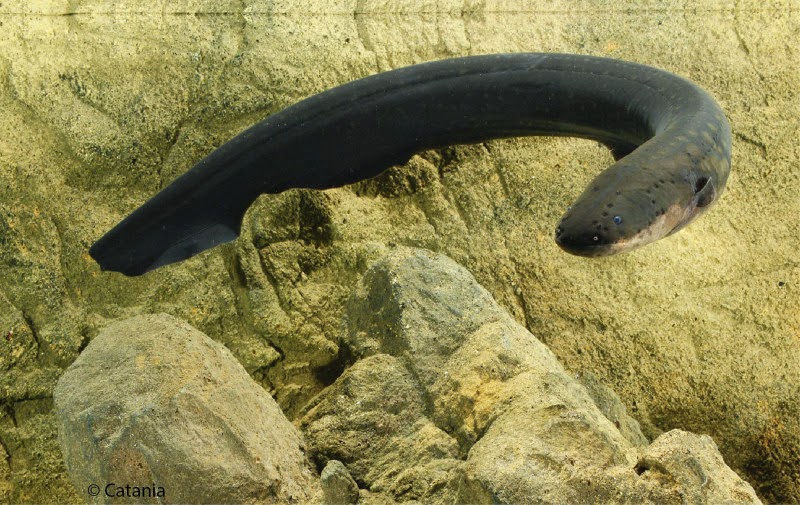Home »
DENGUE FEVER
,
EBOLA
,
HEALTH & MEDICINE
,
PUBLIC HEALTH
,
RUBELLA
,
SALMONELLA INFECTION
,
SCIENCE & SOCIETY
,
SCIENTIFIC CONDUCT
,
TODAY'S HEALTH CARE
,
VETERINARY MEDICINE
,
VIROLOGY
,
WEST NILE VIRUS
,
YELLOW FEVER
» Doctor who survived Ebola received experimental drug treatment
 |
| On 28 September, 2014, a 38-year old doctor, who was in charge of an Ebola virus treatment unit in Lakka, Sierra Leone, developed a fever and diarrhea. He tested positive for the virus on the same day. He was placed on a ventilator and on kidney dialysis, and was given antibiotics together with a 3-day course of an experimental drug called FX06 -- a fibrin-derived peptide that has been shown to reduce vascular leakage and its complications in mice with Dengue hemorrhagic shock. Credit: © nito / Fotolia |
On 28 September, 2014, the 38-year old doctor, who was in charge of an Ebola virus treatment unit in Lakka, Sierra Leone, developed a fever and diarrhea. He tested positive for the virus on the same day. The doctor was airlifted to Frankfurt University Hospital on the 5th day of his illness and admitted to a specialized isolation unit.
Within 72 hours of admission he developed signs of vascular leakage and severe multi-organ failure, including the lungs, kidneys, and gastrointestinal tract. He was placed on a ventilator and on kidney dialysis, and was given antibiotics together with a 3-day course of an experimental drug called FX06 -- a fibrin-derived peptide that has been shown to reduce vascular leakage and its complications in mice with Dengue hemorrhagic shock.
A marked improvement in vascular and respiratory function was seen under the combined measures of intensive care and drug treatment. After a 30-day observation period, no Ebola virus genetic material was detected in the patient's blood plasma. The patient was released from hospital and is now with his family.
"Even though the patient was critically ill, we were able to support him long enough for his body to start antibody production and for the virus to be cleared by his body's defenses," explains Dr Wolf.
"In terms of improving treatment for Ebola patients, we have shown how intensive care medicine can successfully be applied under strict isolation conditions," adds senior author Professor Zacharowski, head of the Department of Anaesthetics and Intensive Care Medicine at Frankfurt University Hospital."
The authors conclude by calling for FX06 to be evaluated in clinical trials.

ELECTRIC EELS-Videos

VOLCANO+MORE-Videos

WARMING+TEMP-Videos

GAMMA-RAY-Videos
Posted Server or Office Location At :
Koduru, Andhra Pradesh 516101, India




































